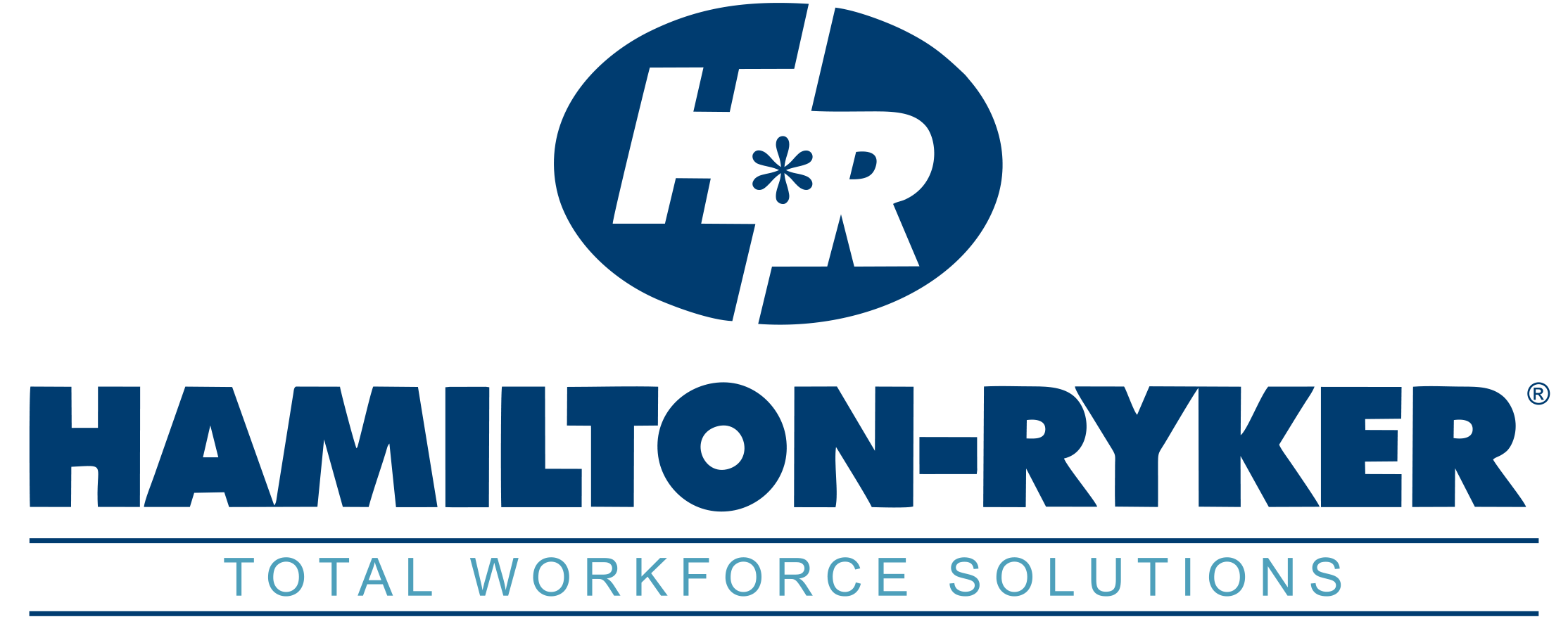6 Tips for Writing a Resume If You Don’t Have Much Work Experience
Have you recently graduated, or are you considering a major career shift? If so, you may be concerned with the content of your resume—what if you don’t have much work experience to list? Well, worry not: all you need to do is write a resume that focuses on your knowledge and skills. This type of resume is considered a functional resume, and it’s formatted differently than a chronological resume, which lists out your past jobs, one by one.
How to write a functional resume
The point of this type of resume is to lead with your strengths and what you can offer a company. To do this, it helps to follow these six resume-writing tips:
- Begin with a summary. Since your resume should be tailored to every job to which you apply, look at the job description. What skills have you developed that could help you in this job? Then, sum up your skills in a sentence or two. This is the introduction to your resume. It should capture the attention of the hiring manager.
- Group your skills. Based on your education and experience—what have you learned? What knowledge do you have and what are you good at? When you take a look at all your skills, you may be able to group them into categories. Then, list each category with the skills beneath it in the section right after your summary. This will make up the bulk of your resume.
- Feature your accomplishments. This could include projects or major bodies of work you’ve been responsible for. Include your accomplishments in the applicable categories in your resume.
- Pepper in keywords. Hiring managers often use software to save time scanning resumes. To help ensure yours doesn’t get left behind, include keywords in your resume. You can find these by visiting career websites like Monster or Indeed, and searching for jobs similar to the one to which you’re applying. Look for phrases they have in common. Then, use these phrases in your resume.
- Add soft skills. These can be just as important as hands-on, professional skills. So, if you’re a good communicator, well-organized and responsible, it’s a good idea to list these soft skills in your category section where they make sense.
- Include your work history at the end. Deleting your work history entirely is a mistake. Your potential employer will need to know what you’ve been up to, even if it’s not directly related to the job to which you’ve applied. If you’ve recently graduated from high school or college, it’s still good to list part-time employment or work study you completed.
Need help finding your next job?
Check out Hamilton-Ryker! We place candidates with administrative and light industrial jobs in the Covington, Tennessee area. We pride ourselves on our “small-town values”—we want to get to know you, and provide the training you need to grow in your career. To learn more about what Hamilton-Ryker offers, just contact us today!

